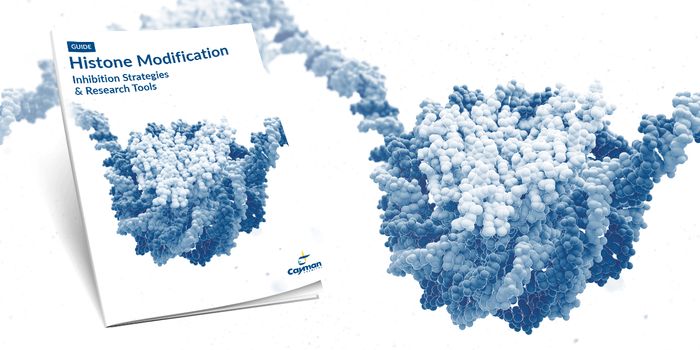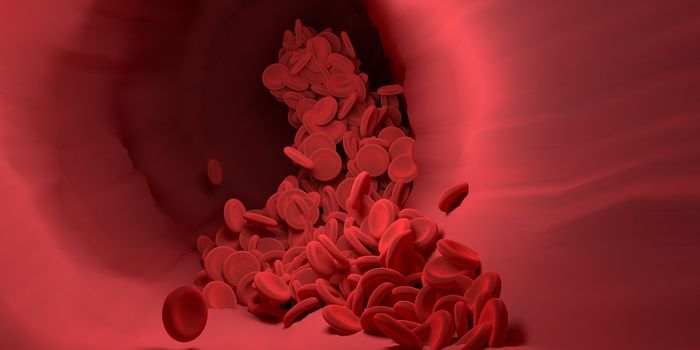New Understanding of BRCA2 Mutation-Driven Mechanism Could Inform Anti-Cancer Drug Development
Inherited mutations in the gene BRCA2 significantly increase the risk of carriers to breast and ovarian cancers. BRCA2, a crucial player in the body's DNA repair system, aids in repairing damaged DNA. This function is particularly intriguing as our cells constantly divide and replicate, passing on any genetic damage to newly developing cells.
Because of its significant role in maintaining genetic stability, BRCA2 belongs to a class of genes known as tumor suppressors. These genes code for proteins that control how often cells divide. However, when a tumor suppressor gene, such as BRCA2, undergoes a mutational change, the protein it codes for won’t function normally, resulting in uncontrolled cell division and, in some circumstances, cancer development.
BRCA2 predisposes carriers to cancer and research has shown that BRCA2-deficient tumors respond to therapies known as PARP inhibitors, which block the function of the poly ADP-ribose polymerase 1 (PARP1) protein. PARP1 becomes activated in tumors with BRCA2 mutations, resulting in the continued abnormal growth of damaged DNA.
While the sensitivity of BRCA2-positive tumors to PARP inhibitors is well-established, the underlying mechanism remains a mystery. Unraveling the scientific basis of this susceptibility could significantly influence the development of novel and effective cancer therapies. This study's findings have the potential to guide the creation of more potent anti-cancer drugs.
A recent study published in Nature has unveiled a previously unknown role for BRCA2 in the context of PARP inhibition. This study demonstrates that PARP inhibitors disrupt a protein called RAD51, which is also involved in DNA repair. This novel understanding of BRCA2's role in PARP inhibition could significantly influence the development of more effective anti-cancer drugs.
The researchers found that intact BRCA2 protects RAD51, preventing the PARP protein from binding to DNA. Further, the study shows BRCA2-deficient cells retain PARP1 when exposed to PARP inhibitors.
This study presents significant new findings that could have a profound impact on the development of anti-cancer drugs. By shedding light on the role of BRCA2 in PARP inhibition, this research provides valuable insights that could lead to the creation of more effective anti-cancer therapies.
Sources: Nature









